China's regulatory assault on Apple is intensifying, and it could reshape the tech giant's global operations. A coalition of 55 Chinese iPhone and iPad users has formally filed an antitrust complaint with China's State Administration for Market Regulation (SAMR), alleging that Apple maintains monopolistic control over app distribution. Not a hiccup, a direct challenge to Apple's core business model in one of its most critical markets.
The timing could not be worse for Apple. The company is already grappling with declining sales in China and stiffer competition from local players who lean into aggressive pricing and AI-driven features. Now, Chinese regulators are specifically investigating Apple's 30% commission structure and payment restrictions, a move that threatens billions in annual revenue. Investors noticed, a 2.6% stock drop reflecting concern about what comes next.
Layer in this reality, Apple's China revenue dropped 11% year-over-year in the first quarter of 2025. The company may have to rethink how it does business in a market that powers a massive slice of its global operations.
The complaint that could reshape Apple's business model
Let's get specific. The complainants say Apple holds a "100% dominant position" in China's iOS app market, forcing users to download apps exclusively through Apple's store and process payments via its proprietary system. If true, that goes to the heart of how Apple monetizes software on its platform.
China's State Administration for Market Regulation has been talking with Apple executives and local developers since 2024, assessing whether these practices stifle competition and unfairly burden developers. The spotlight is on the commission structure, and the global context makes those fees look even tougher to defend.
Here is the uncomfortable math for Apple. Chinese regulators are specifically focusing on whether the fees charged to local developers are excessive. China imposes 30% for standard enterprises and 15% for small businesses, versus US rates of 27% and 12%, South Korea's 26% and 11%, and the EU's 17% and 10%.
The financial stakes are big. Apple earned approximately $6.44 billion in App Store commissions from Chinese users in 2024, representing roughly 10% of its local revenue. Meanwhile, Some market estimates project tens of billions at risk to app-store related revenues if major policy changes occur. Not pocket change, the App Store is central to Apple's services machine.
Global regulatory pressure reaches a tipping point
China is not an isolated skirmish, it fits a broader pattern. Apple has already faced mounting pressure worldwide, including a €500 million fine from the European Commission and requirements to enable third-party stores in Japan by December 2025.
The message from regulators is consistent. The "walled garden" is not just a business choice anymore, it is a policy target. If formalized into an antitrust case, Apple could face penalties similar to those imposed in the European Union under the Digital Markets Act, where it was compelled to allow sideloading and alternative payment methods.
China adds a separate layer of complexity. Compliance there forces moves that cut against Apple's brand. Thousands of apps have already been removed from the App Store due to noncompliance with new regulations, including mandatory Internet Content Provider (ICP) licenses and censorship requirements.
This creates a particularly damaging paradox for Apple. Apple's concessions in China, such as partnering with state-affiliated Guizhou-Cloud Big Data to store iCloud data and removing apps like VPNs, have raised concerns about brand erosion. These compromises conflict with Apple's global identity as a privacy advocate, potentially undermining consumer trust in markets where digital rights are a growing concern.
One enforcement win tends to fuel the next. That domino effect now puts Apple's entire model under the microscope across multiple continents at the same time.
Strategic pivots and market diversification efforts
Apple sees the writing on the wall. The company is shifting production to India, with plans to reach 25% of manufacturing by 2025 to offset China risks. The pivot is not painless, Apple also faces 17% sales declines in Asia-Pacific amid local competitors' dominance.
To spread risk, Apple is leaning into new demand centers. To mitigate risks in China, Apple has accelerated its expansion into India, Indonesia, and Brazil, where middle-class growth and smartphone adoption present untapped potential. Smart move, but price sensitivity in those markets can be unforgiving.
That is where local rivals shine. Local competitors like Xiaomi and Vivo dominate these markets with aggressive pricing and AI-driven features absent on China-bound iPhones due to regulatory hurdles. Apple's premium playbook that sings in developed economies can sound out of tune when value takes the lead.
Ecosystem strategy matters here. Google faces its own regulatory challenges in Europe and China, but its Android ecosystem's openness allows for greater flexibility in adapting to local rules. This duality, Apple's walled garden versus Google's fragmented ecosystem, will likely shape the competitive landscape in emerging markets over the next decade.
Manufacturing shifts and market diversification are more than supply chain hedges. They signal that Apple must operate in a multipolar world with different rules, different rivals, and very different consumer expectations around price and features.
What this means for Apple's future in China and beyond
Bottom line, Apple is at a corporate crossroads. The regulatory pressures on Apple's App Store in China are emblematic of a broader shift in the tech industry, where geopolitical tensions and antitrust enforcement are reshaping global value chains. The question is not just China. It is whether Apple's business model can function in a world where every major market writes its own rules.
Success hinges on Apple's ability to navigate a delicate balancing act: complying with Chinese regulations without alienating its global brand, while simultaneously scaling operations in politically volatile regions. Think tightrope, not highway.
There is a sliver of opportunity in the pressure. Apple's regulatory challenges in China represent both a cautionary tale and a test of adaptability, with potential for reduced App Store margins in China pressuring services revenue, but the company's pivot to emerging markets and midrange devices offering a path to sustained growth.
The company may end up running multiple operating models by region, a sharp break from its one-size-fits-all past. While these challenges pose immediate risks to margins and market share, they also compel innovation in localization strategies and supply chain resilience. My read, the firms that adapt their playbook fastest will come out ahead.
Looking ahead, the China antitrust investigation is more than a regulatory test, it is a referendum on Apple's ability to adapt to regulatory nationalism. The response will set the tone for how Apple handles similar fights in other markets that are increasingly willing to challenge Big Tech.
For investors, the key will be monitoring how Apple adapts to these pressures, whether through regulatory concessions, strategic partnerships, or a reimagined App Store model, that could redefine its role in the global tech ecosystem. The next few quarters will show whether Apple can protect premium margins and market position while proving its model can flex to a world of different rules.







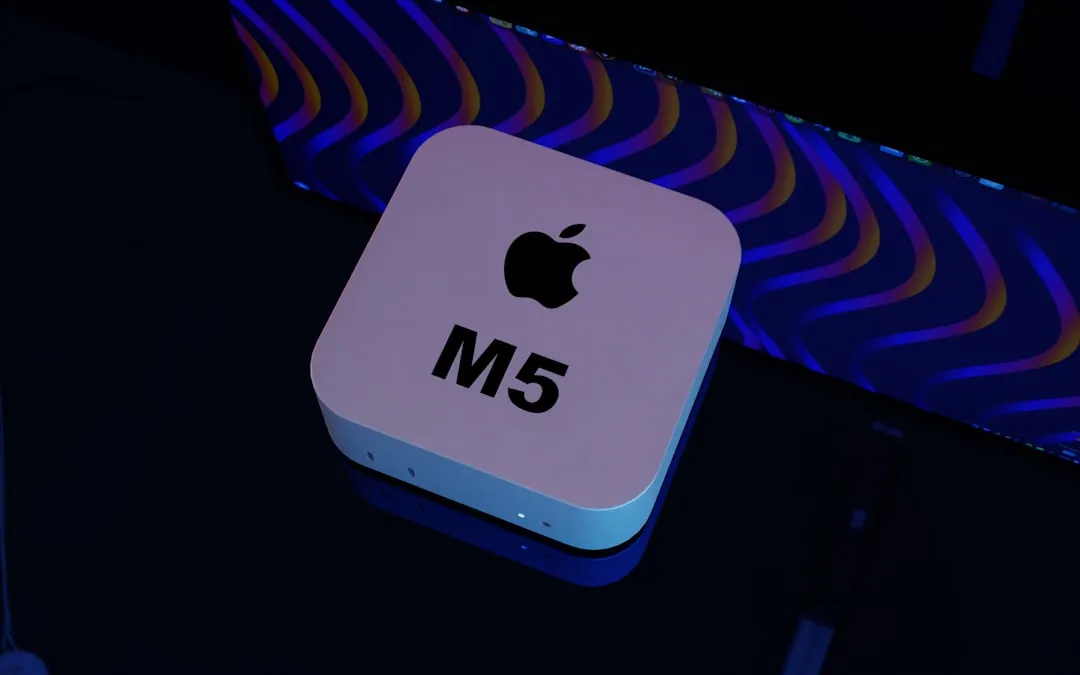
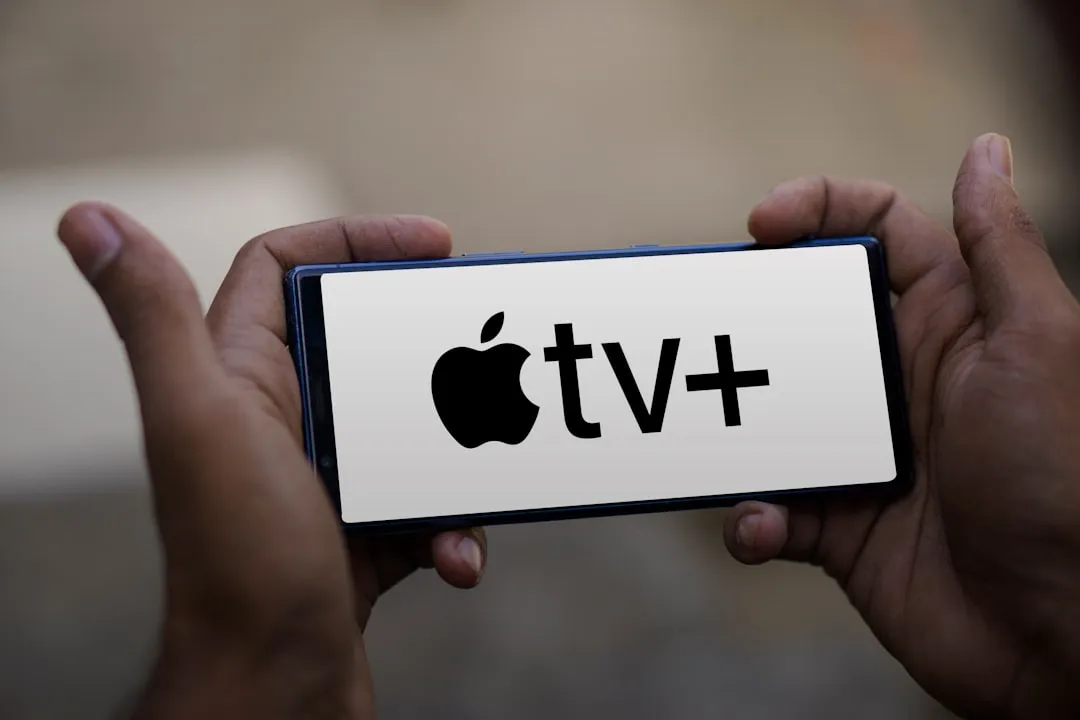




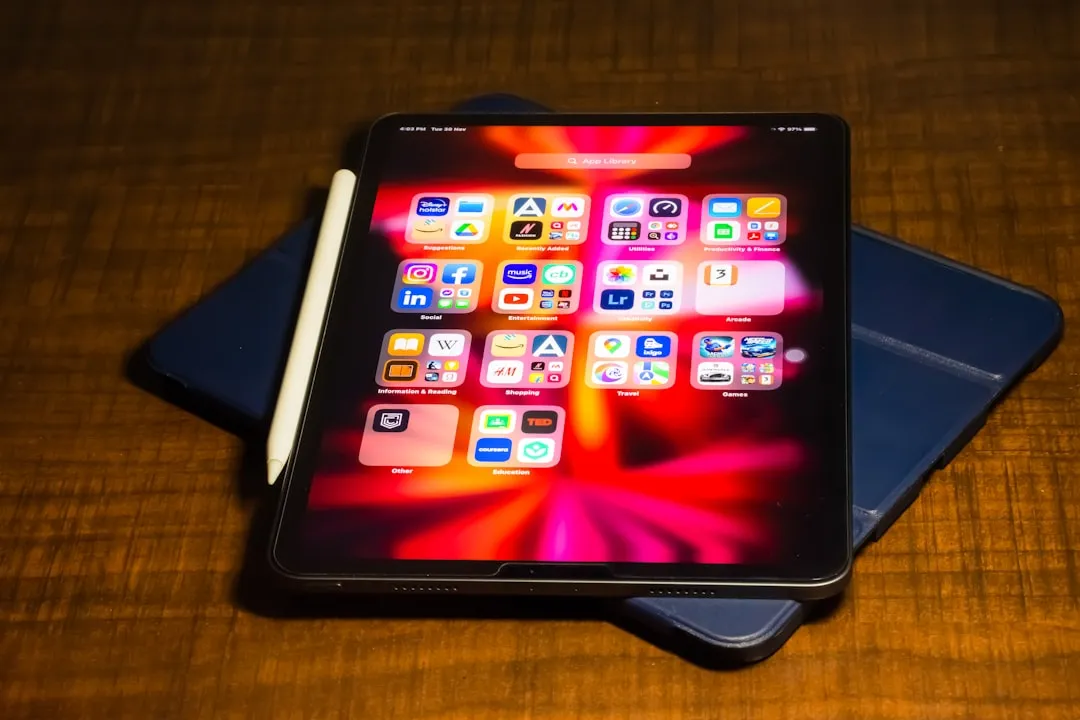
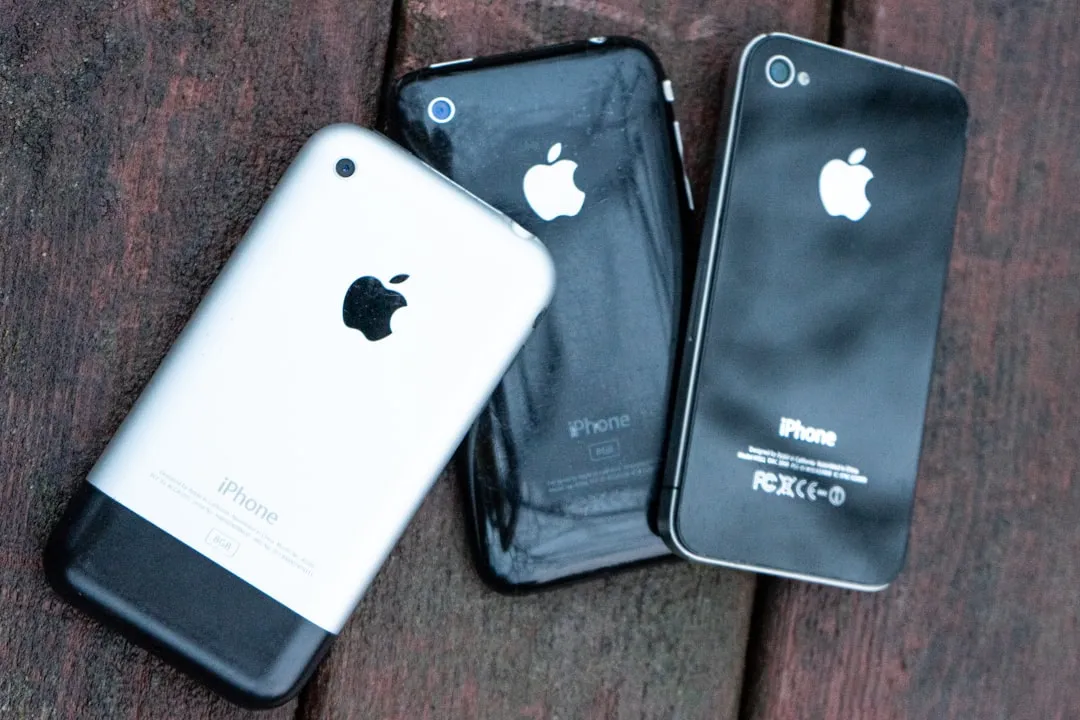
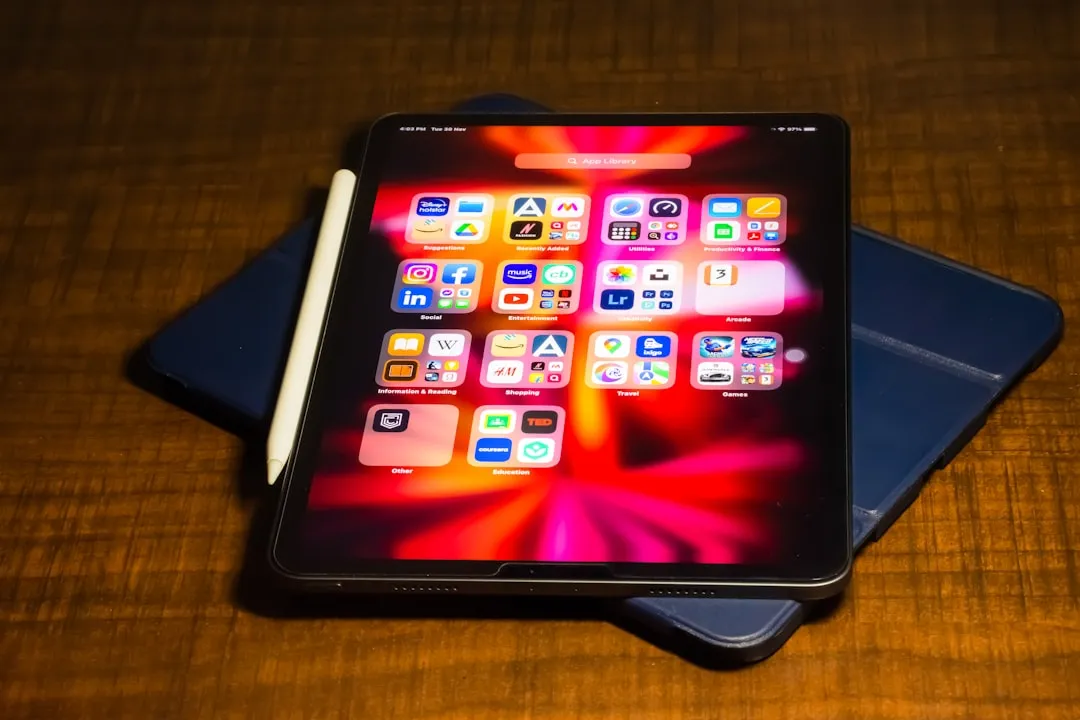

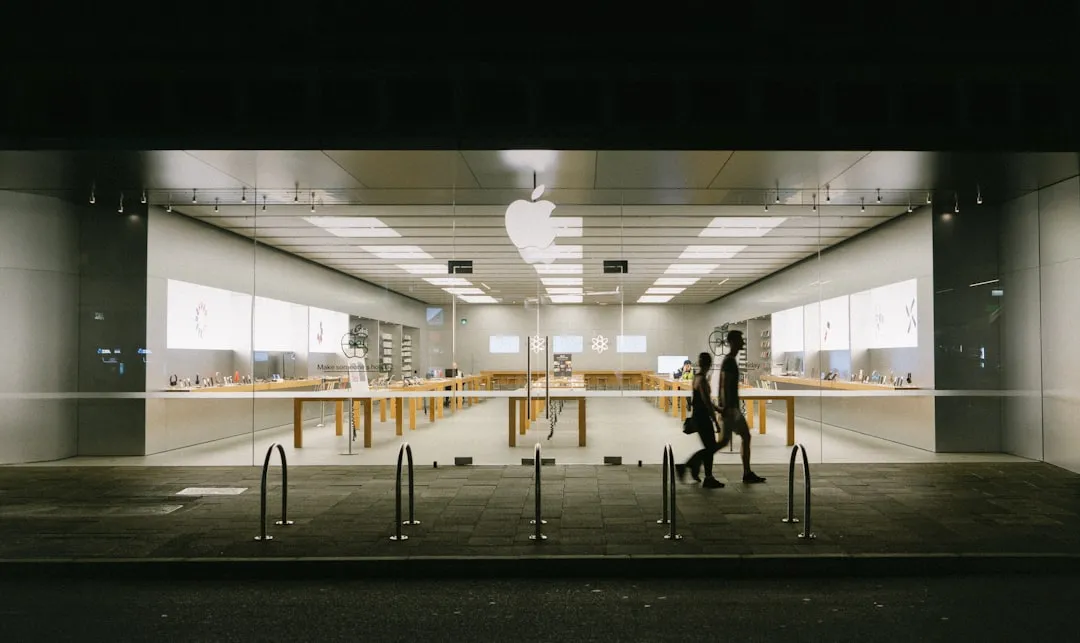
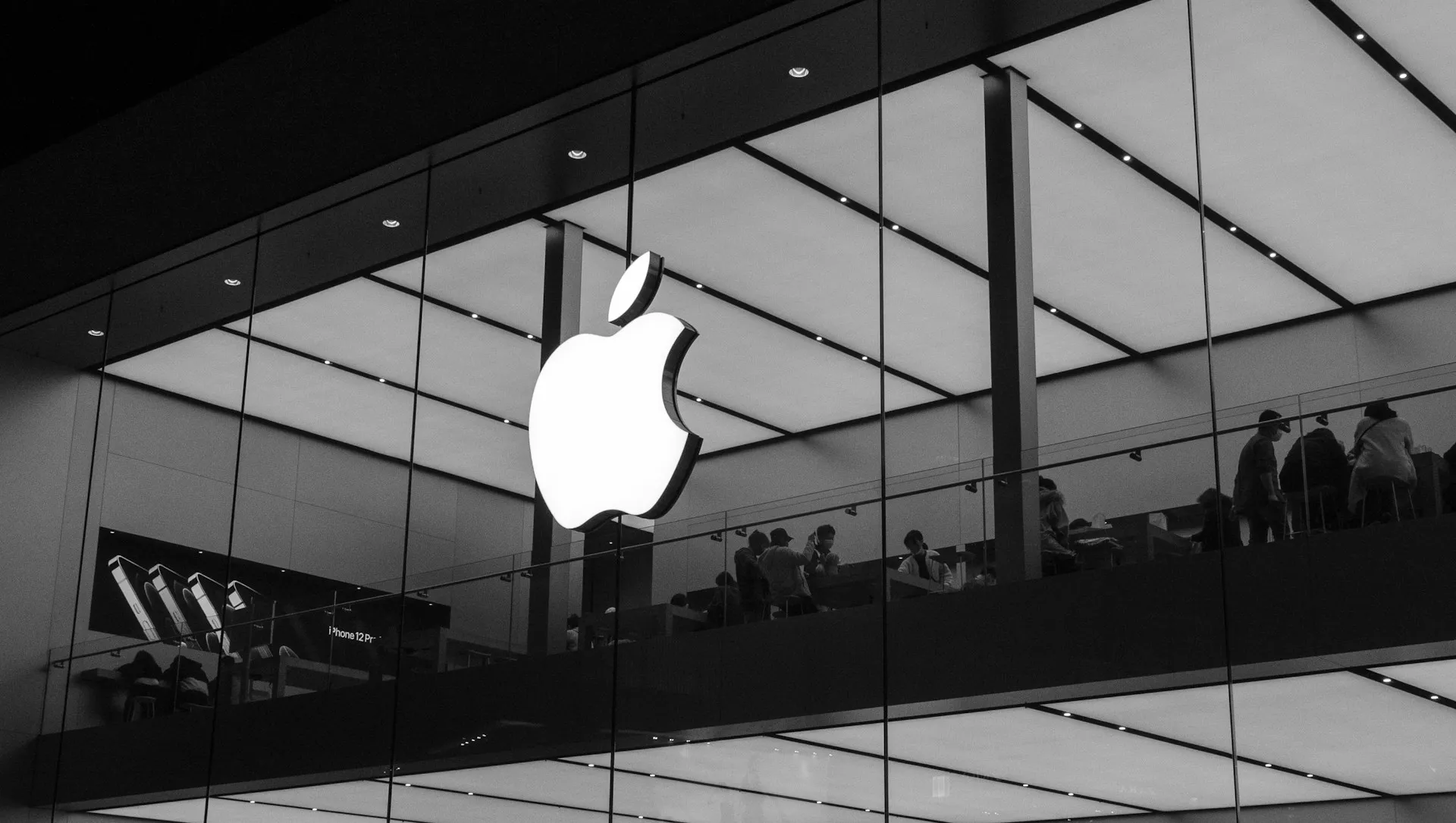
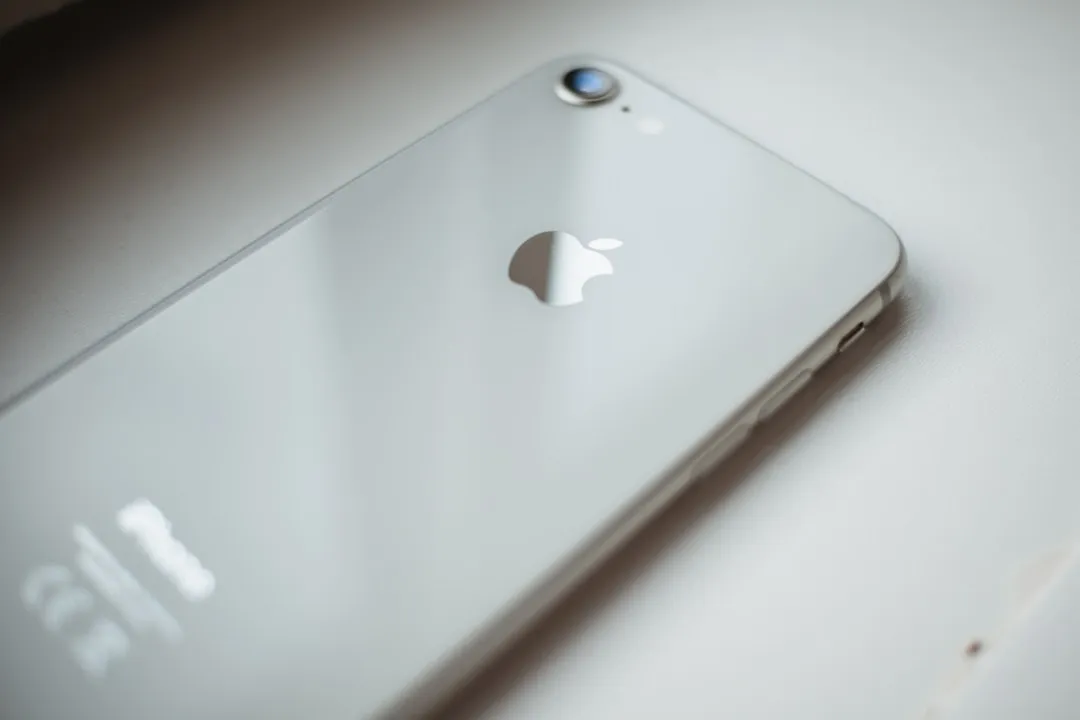


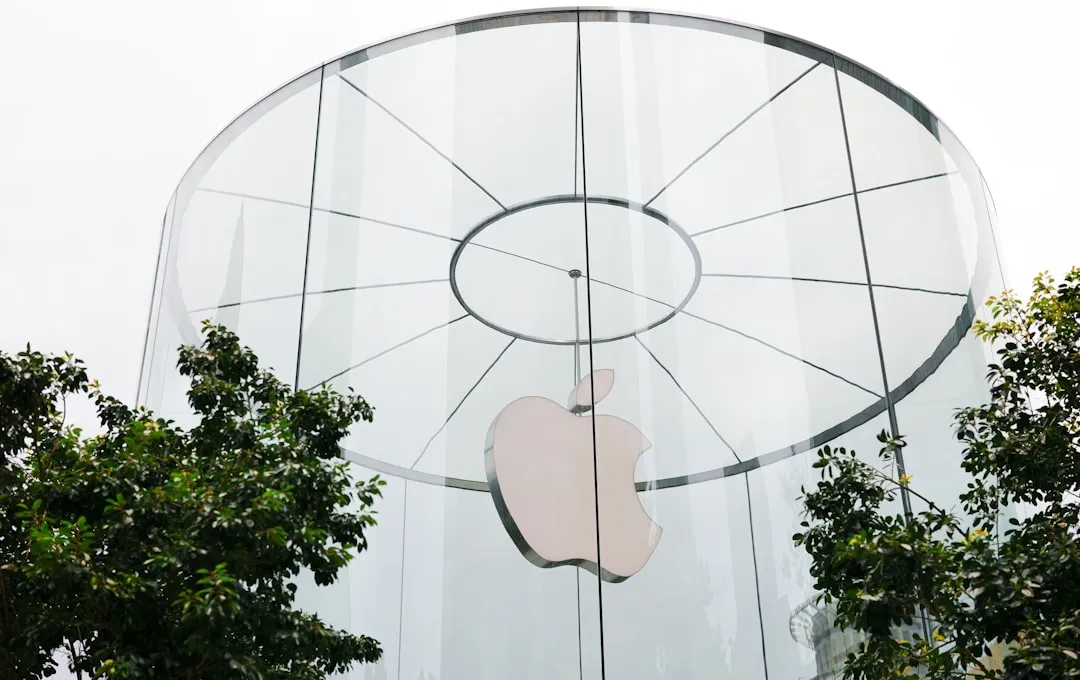


Comments
Be the first, drop a comment!